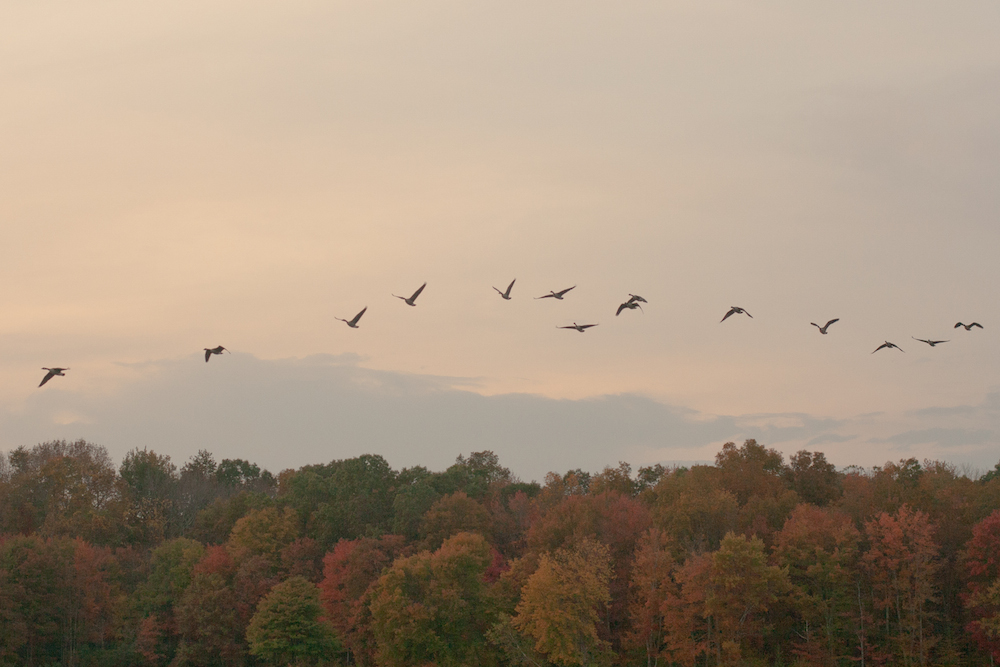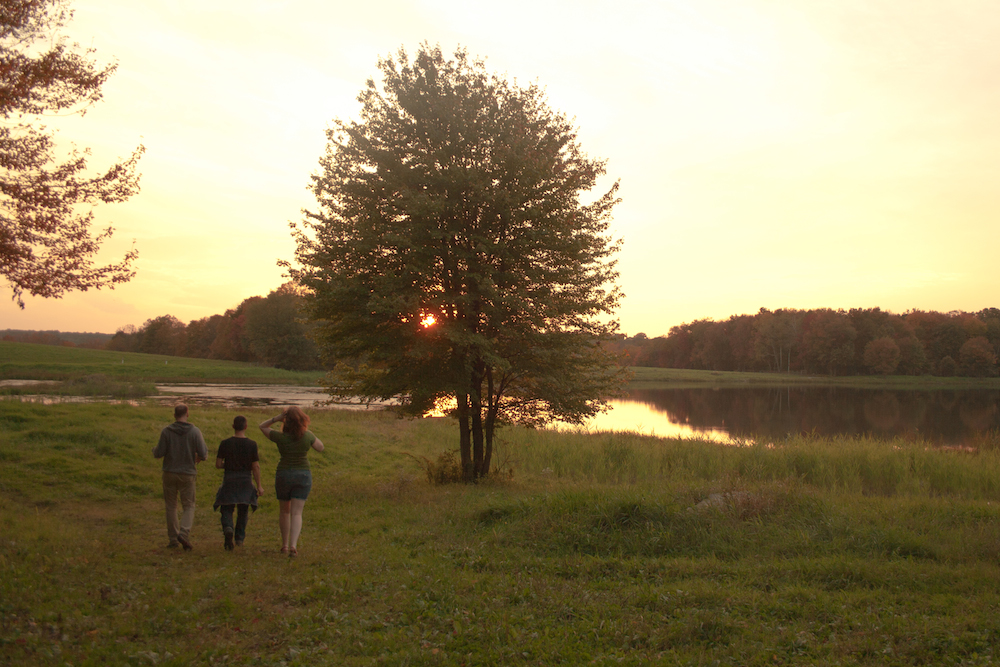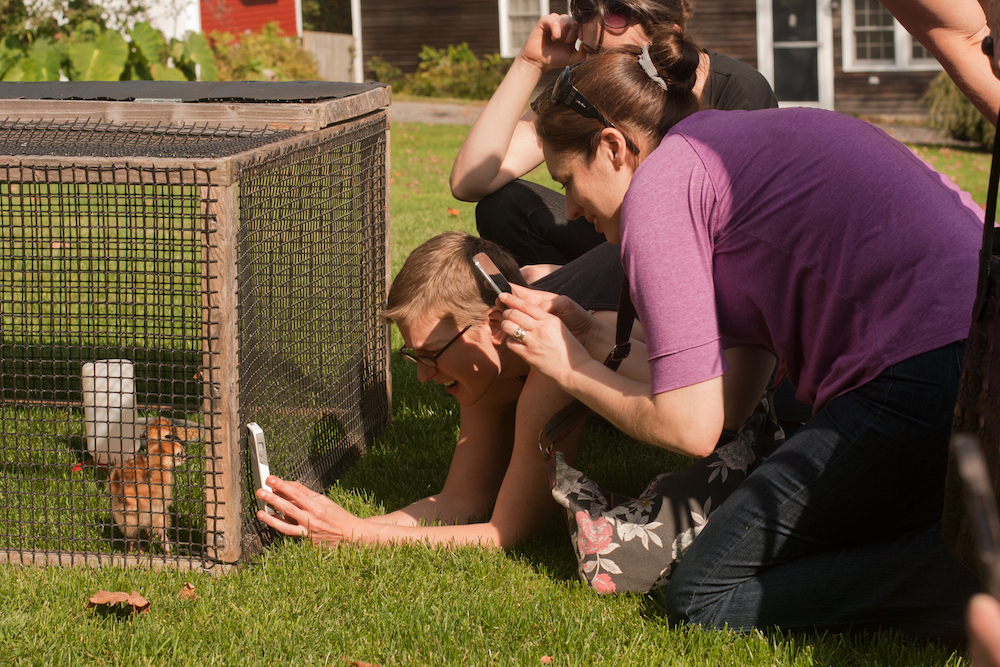Picking Dates
Our first conversation was in June, our first planning call was a couple weeks later, and camp was the first weekend in October. We picked a weekend that was far enough out that people were unlikely to already have it booked.
We didn’t bother trying to coordinate the calendars of 12 people, because that way lies madness. If we hadn’t done held camp in October, we would have had to wait until Spring, and I am far too impatient for that. Pick a date that works for your organizers (and your anchor attendees, if you have a few identified), and don't fret too much about getting it right for everyone.

Camp kickoff was Thursday dinner, and ended officially on Saturday afternoon. This was a nice balance, taking up one weekday and one weekend day. A few people headed home Saturday night, but most of us stayed through Sunday morning.
Retreat Schedule
After we had deposits from people, we sent out a simple google docs form asking people what they wanted to get out of the weekend and whether they had anything particular they hoped to learn or discuss. When we compiled the responses, we ended up with 3 or 4 themes under two major umbrellas: Doing Content Strategy, and Running a Business.
I'm not going to share our exact schedule because it won't really be relevant to your group, but each day looked roughly like:
- 8-10am Breakfast
- 10-12:30 Sessions
- 12:30-3pm Lunch & Activity
- 3-5:30pm Sessions
- 6pm Dinner
We managed to simultaneously overschedule and underschedule our group. Overschedule, because we tried (only vagely successfully) to shepherd open conversations like "How do you find good clients?", when a lot of those conversations' value comes from their wandering nature. And underscheduled, because we could have used our structured time more wisely instead of for open conversations. One of our last sessions was small-groups talking about our own specific speaking and writing hangups, and it was so valuable that it became clear that more time should have been dedicated to deep narrow topics.
Trust that those big floppy open conversations will happen - during dinner, during other exercises, during walks (indeed, you'd be hard-pressed to stop them from happening) - and don't bother planning much time specifically for them.
Downtime
We wanted to be sure we didn't spend the whole weekend sitting still and talking, so we planned some activities into our days. The first day we wandered around the property and took a walk around the pond.

The second day, we went to the Livingston Ripley Waterfowl Conservancy. I can't recommend highly enough taking your group out for an excursion - the sillier the better, as far as I'm concerned. (Our alternate plan if the weather was terrible was the New England Carousel Museum.) Pick a local tourist attraction, or somewhere that kids take field trips to. The bird sanctuary was a hilarious and wonderful choice. The caretaker showed us his trained falcon, we met some baby cranes, and we had deep conversations about DITA with Magpie Geese.

We also brought some badminton rackets and a frisbee, and made sure our schedule included plenty of downtime so that no one felt like they had to sneak off if they wanted to call home or have some quiet.